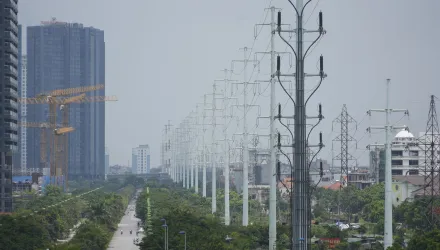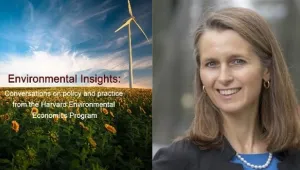Abstract
Economic assessments play an important role in climate policy. The forms of economic assessments used range from simple energy forecasts, to cost assessments, economic impact assessments, cost-benefit analyses, and integrated assessments. This paper illuminates the role that economic assessments play in the determination of greenhouse gas reduction goals and the formulation of climate policies and measures. The focus is on the ministerial level in different European countries, namely Germany, the Netherlands, and the United Kingdom as well as the decision-making bodies of the European Union. Except for the United Kingdom, where privatization of the energy sector led to a decline in greenhouse gas emissions at virtually no costs, cost assessments are the most important assessment form.
Economic assessments are very sensitive to their basic assumptions, the analytical method employed, and their political function, which offers the opportunity to influence the assessment results in one or another direction. For this reason, policy-makers rely largely on commissioned research rather than studies from industry or environmental groups because they are familiar with the critical assumptions and the methodological approach used. Non-commissioned research, however, is insofar influential as policy-makers use it to become an idea of the upper and lower bound of reduction costs. By determining what assumptions have to be made and which modeling method employed, policy-makers can also influence the assessment results and use them to further own interests rather than provide objective information. Such a ''strategic'' use of economic assessments is often seen by the Ministry for Economic Affairs. While the Ministry of the Environment takes the lead in setting the national CO2 reduction target, the Ministry of Economic Affairs has a more passive role in the target setting process and tries to lower the target afterwards by pointing to the expected unacceptably high mitigation costs. The majority of economic assessments are, nevertheless, used as an informative tool for deciding about cost-effective reduction strategies. A pre-condition is the existence of an interdepartmental working group which serves as a consensus generating forum for the critical assumptions and parameters that are fed into economic analyses.
The full text of this publication is available via Harvard Kennedy School.



